Re-evaluating Justin Trudeau .. is Canada’s progressive hero showing feet of clay?
Oct 22nd, 2022 | By Randall White | Category: Ottawa SceneNORTH AMERICAN NOTEBOOK. RANDALL WHITE, FERNWOOD PARK, TORONTO, FRIDAY 21 OCTOBER 2022. Like a few others (as best I can tell) I think I am finally ready to express my ultimate personal disappointment in PM Justin Trudeau.
I say this while remembering that just over a year ago I wrote about “Why is so much Canadian mainstream media (and its hangers-on) so eager to gang up on PM Justin Trudeau?”
And I admired the “Washington Monthly on ‘the World’s Most Successful Progressive Leader’.”
More recently, at the start of this past summer 2022 my counterweights editors colleagues asked “Is Justin Trudeau’s problem that Canadian prime ministers do have too much power?”
And the editors noted that “Chantal Hébert sheds light on Justin Trudeau’s current leadership challenges when she points out that no Canadian prime minister ‘has succeeded in securing a fourth consecutive electoral victory in more than a century.’”
At the same time (the editors went on) : “And yet, assuming PM Trudeau II is going to last until 2025, and then lead his party in a bid for a fourth consecutive election victory — in a Liberal tradition of sunny ways (and Western Canadian booming) that goes back to Wilfrid Laurier — who do the Conservatives have who can beat him?”
Poilievre vs Trudeau spells B…O…R…I…N…G ??
The Conservatives now officially have Pierre Poilievre as leader. And : “New polling from Nanos Research has found that the Conservative Party leader is the preferred prime minister for 30 per cent of Canadians. But Trudeau isn’t far behind, sitting at 29.8 per cent.”
Meanwhile, 338Canada’s most recent polling aggregation (“Latest update: October 16, 2022”) shows Conservatives ahead of Liberals in popular vote 34% to 31%, but still two behind in seats (141 Liberals to 139 Conservatives — a reflection of Conservative popular vote concentration in Alberta and Saskatchewan). The most recent poll in this aggregation (and the only one in October so far) is from Léger (with an A+ rating). And it shows CPC 33%, LPC 31%, NDP 21%, BQ 8%, GPC 3%, PPC 2%.
The key political fact for the moment, to me at any rate, remains that on both this Léger poll and the 338Canada latest aggregation numbers the Liberals and New Democrats together have at least a clear majority of the Canada-wide popular vote (bolstered somewhat if you add the Greens to the progressive mix — and say half the vote for the Bloc Québécois?).
So it remains clearly democratic for Canada today to be vaguely presided over by a Liberal minority government in Ottawa, kept in office by a March 22, 2022 “Supply and Confidence Agreement” between the Justin Trudeau Liberals and Jagmeet Singh New Democrats.
On whether this Liberal-NDP agreement can actually last until the next fixed-date federal election in October 2025, CBC News channel talk yesterday raised a possibly interesting question. Will the latest fiscally responsible (and even somewhat financially conservative?) observations from the Liberal Minister of Finance and Deputy Prime Minister annoy New Democrat MPs to the point where the “Supply and Confidence Agreement” is threatened?
I do think myself that Pierre Poilievre is a more interesting and conceivably effective politician than some of his opponents seem to imagine. The Canadian future of a conservative francophone political leader born and raised in Alberta should never be underestimated.
So far, however, I haven’t seen anything at all definitive that suggests M. Poilievre really is the guy who can win the next election, even as Stephen Harper did (barely) in 2006.
Assuming that Liberal PM Justin Trudeau and NDP leader Jagmeet Singh’s agreement does make it to October 2025, I’m still keeping my money on a remarkable first fourth election victory since Wilfrid Laurier for the eldest son of the very smart Pierre Elliott Trudeau and the very beautiful Margaret Joan Sinclair, born on Christmas Day 1971. (For the moment at any rate.)
But who will speak for Canada?
Meanwhile again, I have personally grown thoroughly disenchanted with PM Justin Trudeau over his self-indulgent and sentimental attitude to the future of the British monarchy in Canada.
I had hoped that he was an advocate for the Liberal Party of Canada that gave us the first Canadian Citizenship Act in 1947, the Supreme Court of Canada as the country’s final court of appeal in 1949, the first Canadian Governor General in 1952, an independent Canadian flag in 1965, and a patriated constitution and Charter of Rights in the Constitution Act, 1982.
Yet, here as elsewhere perhaps, Justin Trudeau seems more driven by the personal and private life experiences of a uniquely privileged individual than by any mature and well-thought-out conception of a Canadian future — of the sort that often seemed at the back of his father’s mind.
His personal relationship with the royal family in the United Kingdom (and especially with the late Queen Elizabeth II, who he first met when he was five years old) seems to mean more to him than any relationship he ought to have with we the Canadian people, who have still not quite altogether liberated ourselves from our colonial past.
When Justin Trudeau first became Prime Minister of Canada in the fall of 2015 I thought (and certainly hoped) he was someone who had an answer to his father’s poignant question of the early 1980s : “Who will speak for Canada?” Now that PM Trudeau II has made clear “Monarchy’s Role Not Open For Debate” it is also unambiguously clear to me that he is just not this kind of political leader at all. And I am finally allowing myself to be massively disappointed.
At the same time again, I was working up a lot of enthusiasm for my new anti-Justin-Trudeau mood, joining the growing crowds at last. But then I had lunch yesterday with an old friend whose thoughts on Canadian politics I recurrently consult, in my personal opinion polls of we the people. Over the second cup of coffee he suddenly declared “And I can’t think of when I’ve liked Justin Trudeau more!” I suppose I still half-agree — but not at all like I used to. (I’m increasingly glad to see the non-monarchist Mr. Singh as part of the ultimate governing picture.)
Postscript on Freddy Gardner …
Anyone wondering why it has been so long since the last cw posting on October 6, 2022 — a record two weeks + — might want to consult the efforts of the dwindling staff here on at last putting up a sixth contribution to cw’s companion music site, birdhop.com. (Still most famous for “Remembering “Petite Fleur” : Sidney Bechet, Andrea Motis, and the remarkable Municipal School of Music in Barcelona.”)
For this new birdhop contribution see “Freddy Gardner (the not Charlie Parker) and Jay White : not exactly modern jazz, but still saxophone giants??.” This explores another version of Canadian attachment (anglophone, francophone, and Indigenous) to the folkways of the United Kingdom across the seas (or pond as the Toronto media like to say in 2022) — “the consummate alto saxophonist in England during the dance band years,” 1930–1950.
The new birdhop piece concludes with the view that, as a master of the alto saxophone the Freddy Gardner who was born in London, England in 1910 was no match for the Charlie (“Bird”) Parker who was born in Kansas City, Kansas in 1920. I quote the almost final sentences :
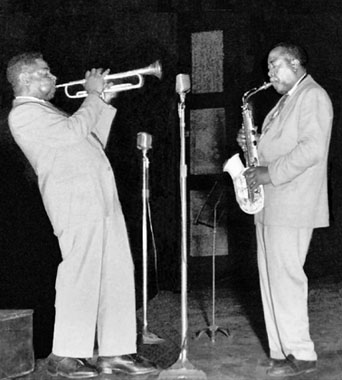
“At the same time, as Miles Davis once said (I think) nobody is as good as Bird … In the end Freddy Gardner’s contribution to alto saxophone playing still commands some attention — even if no one quite wants to play the way he did now.”
Finally, does this somewhat eccentric music blogging also have anything to do with my own growing if as yet still mild hostility to Canada’s current UK monarchist PM Justin Trudeau?
All I can think of right now is : We can still admire the English (British?) saxophone giant of the first half of the 20th century, Freddy Gardner, while agreeing that he is not at all as gigantic as the African Indigenous American Charles Parker Jr., who was born in Kansas City, Kansas in 1920 and died in New York, New York in 1955 (and appeared in a classic concert at Massey Hall in Toronto in 1953).
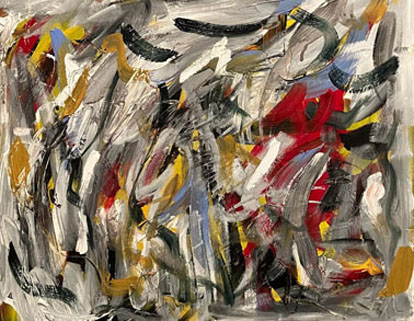
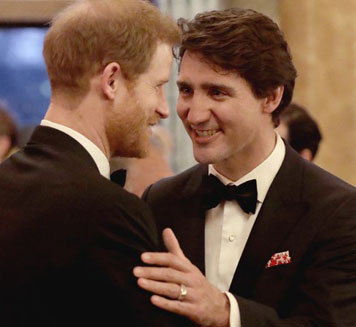
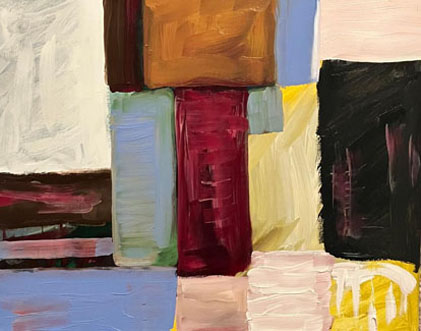
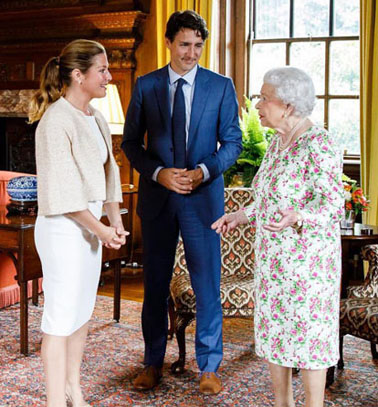
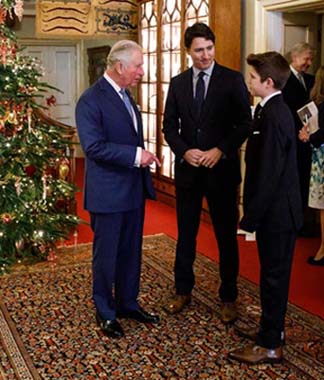
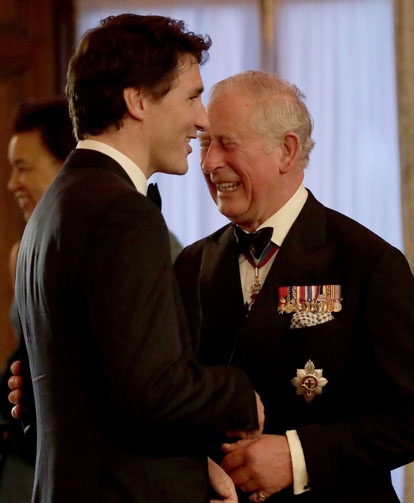
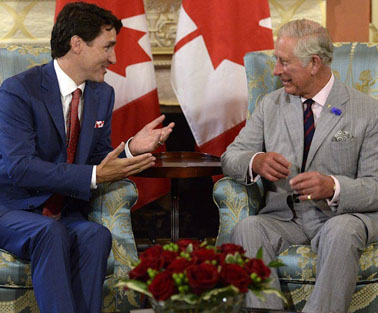
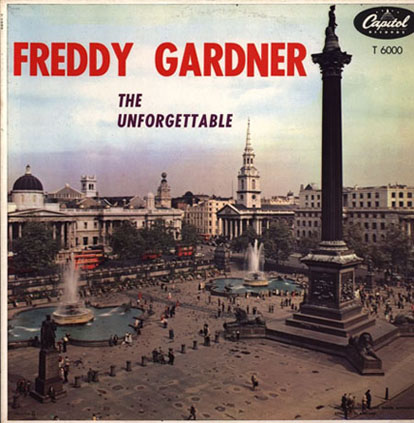


I’ve always voted for Trudeau, but his attitude re the Monarchy is making me question my loyalty as well.
Time for a change.